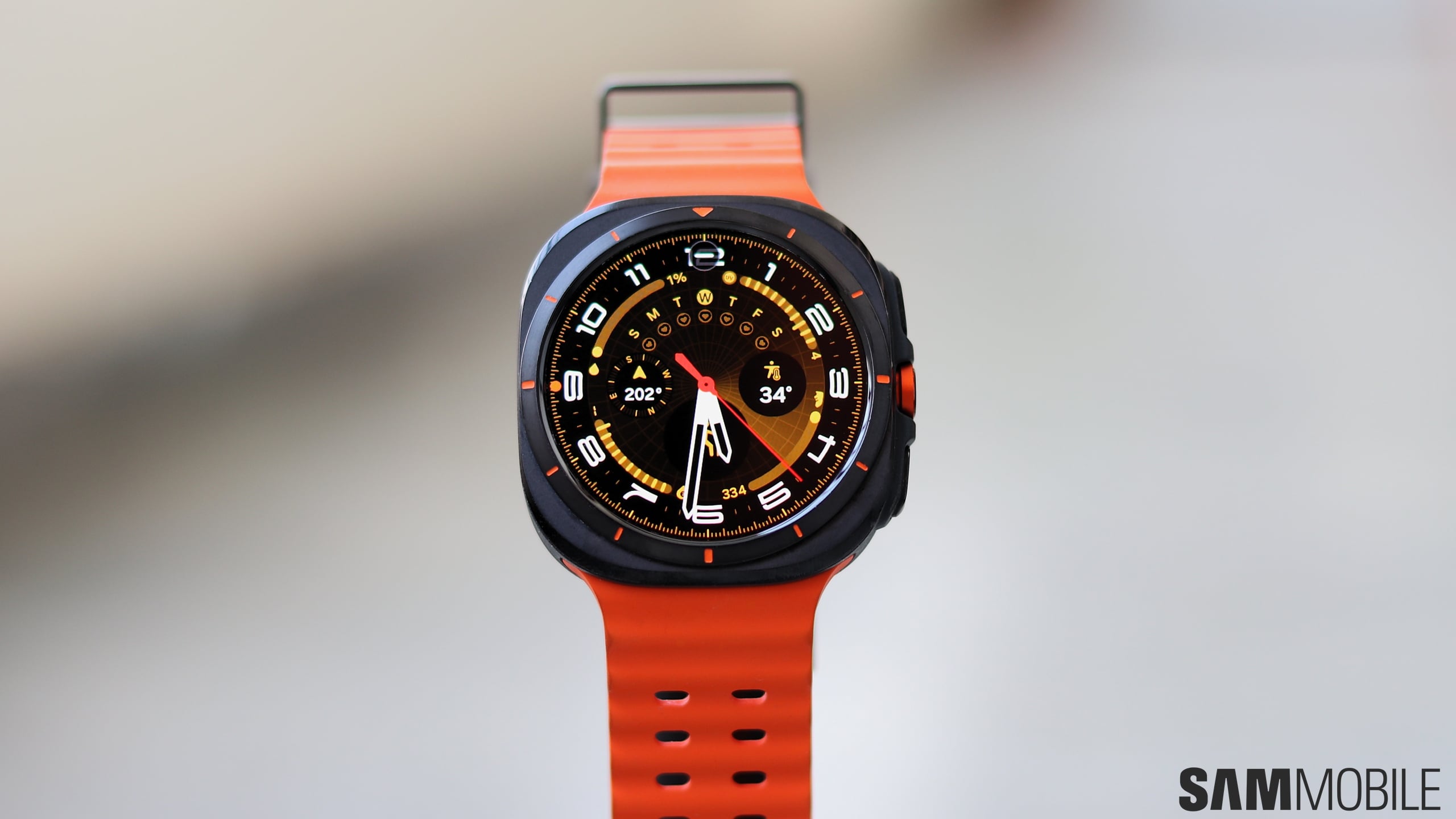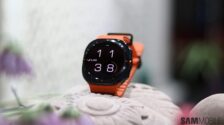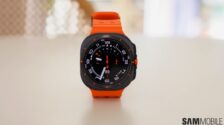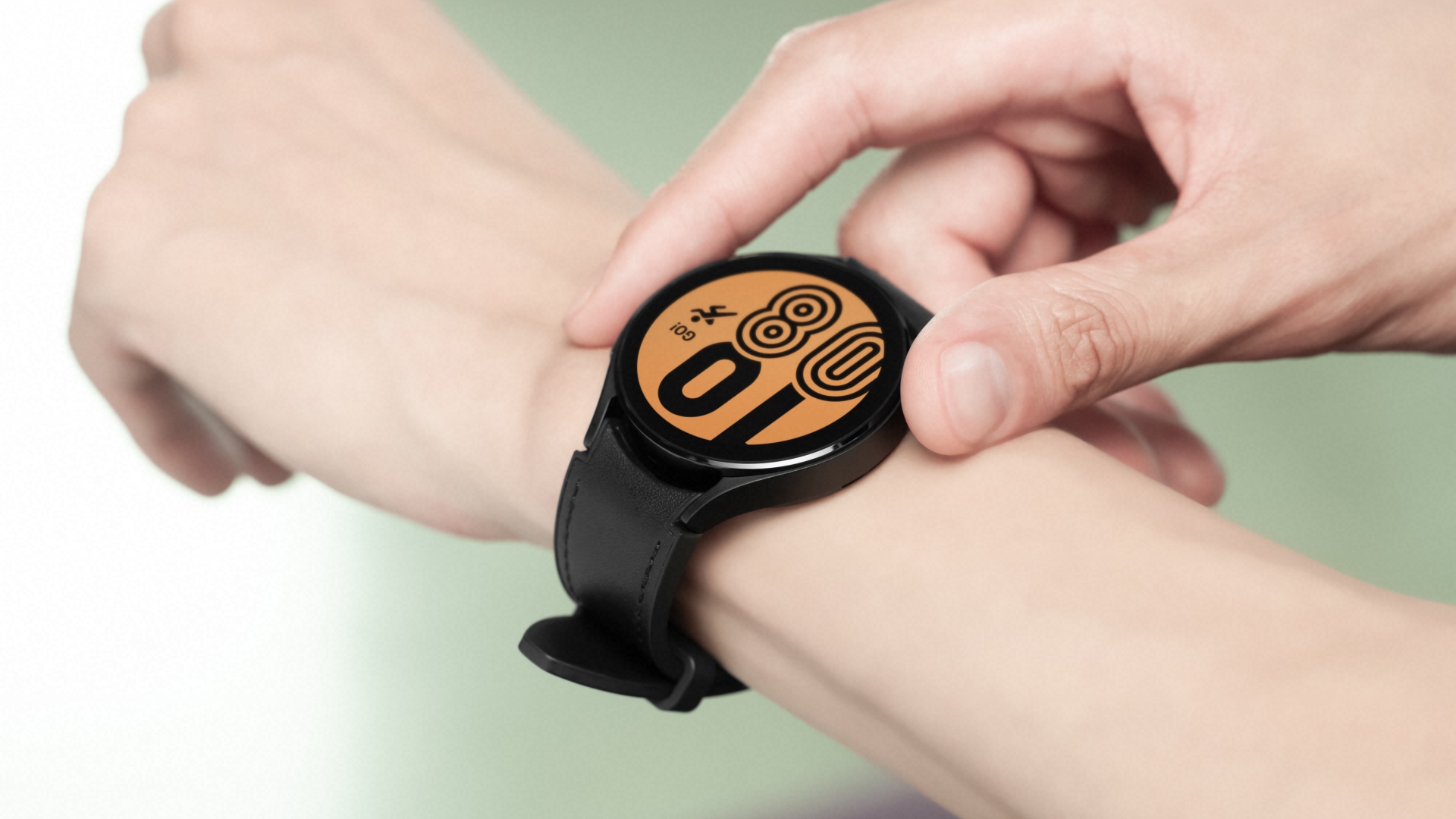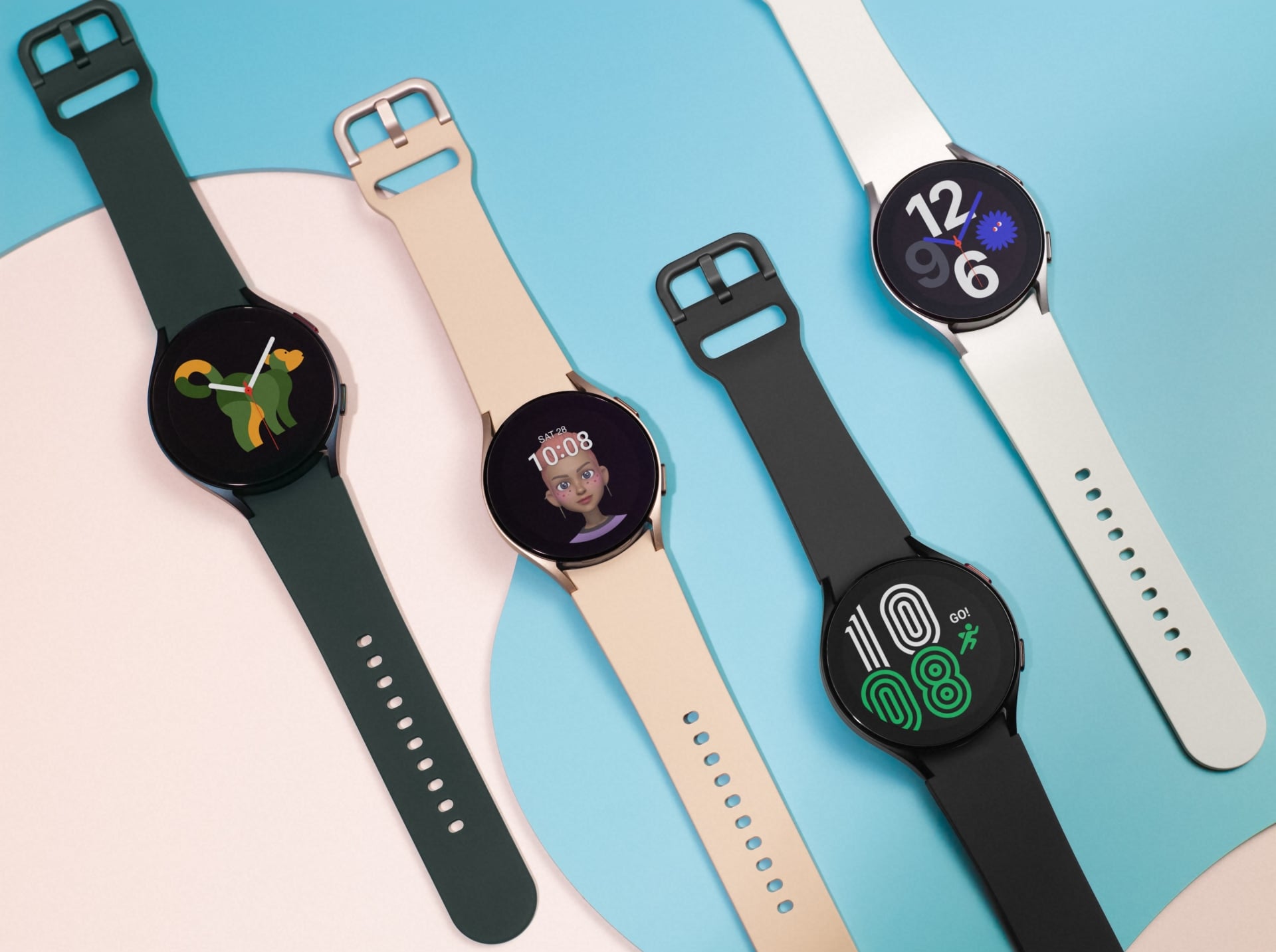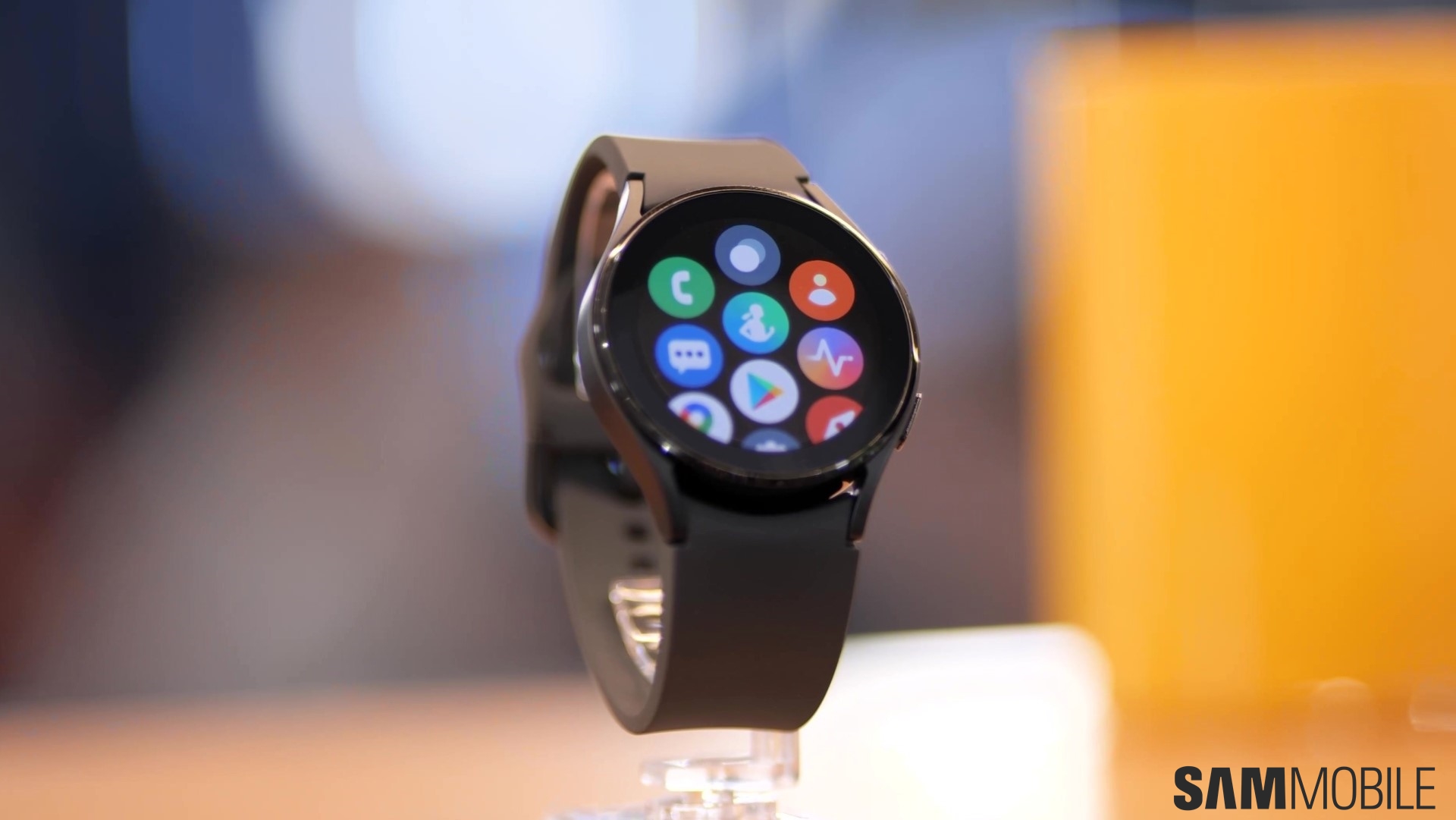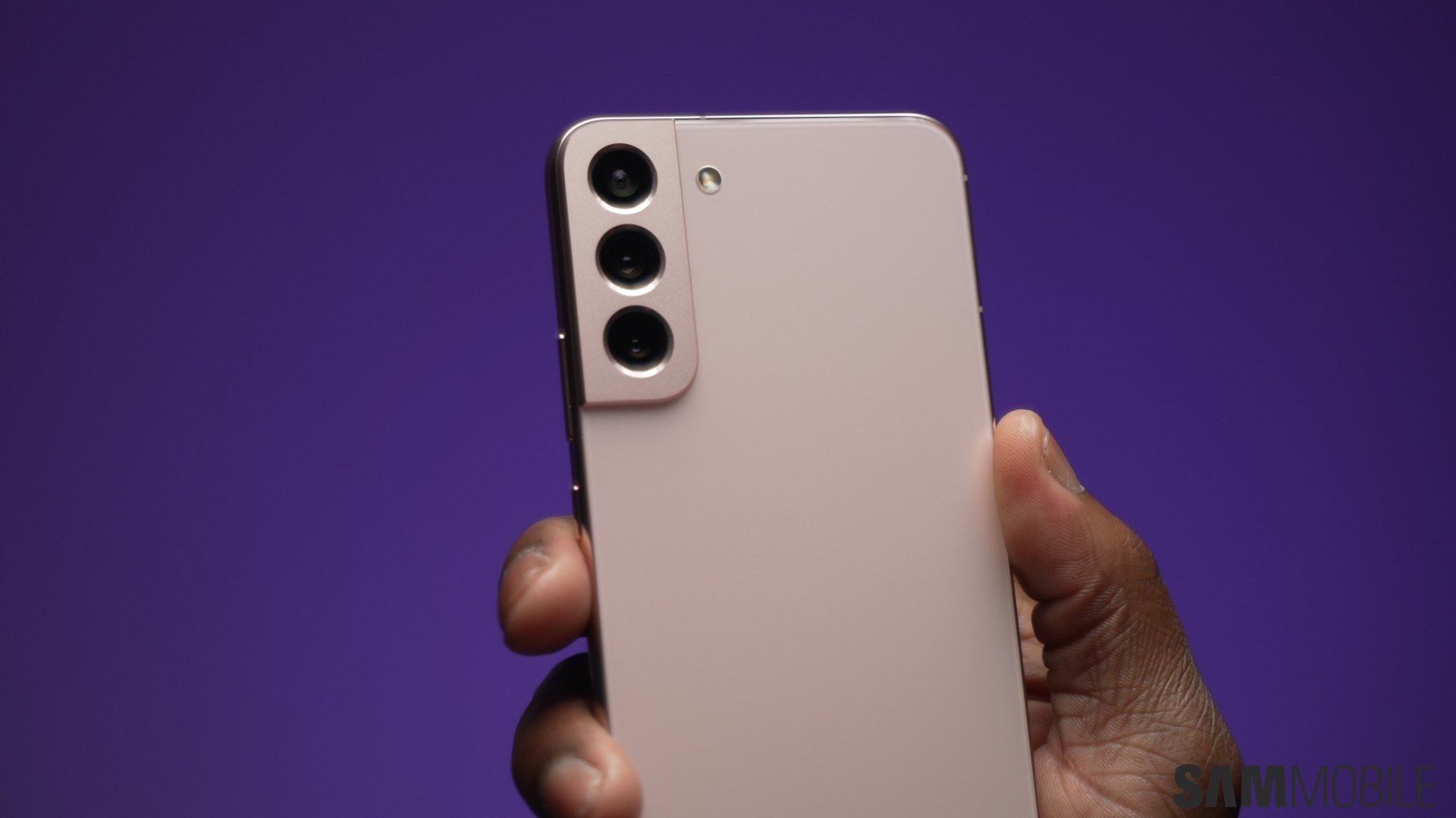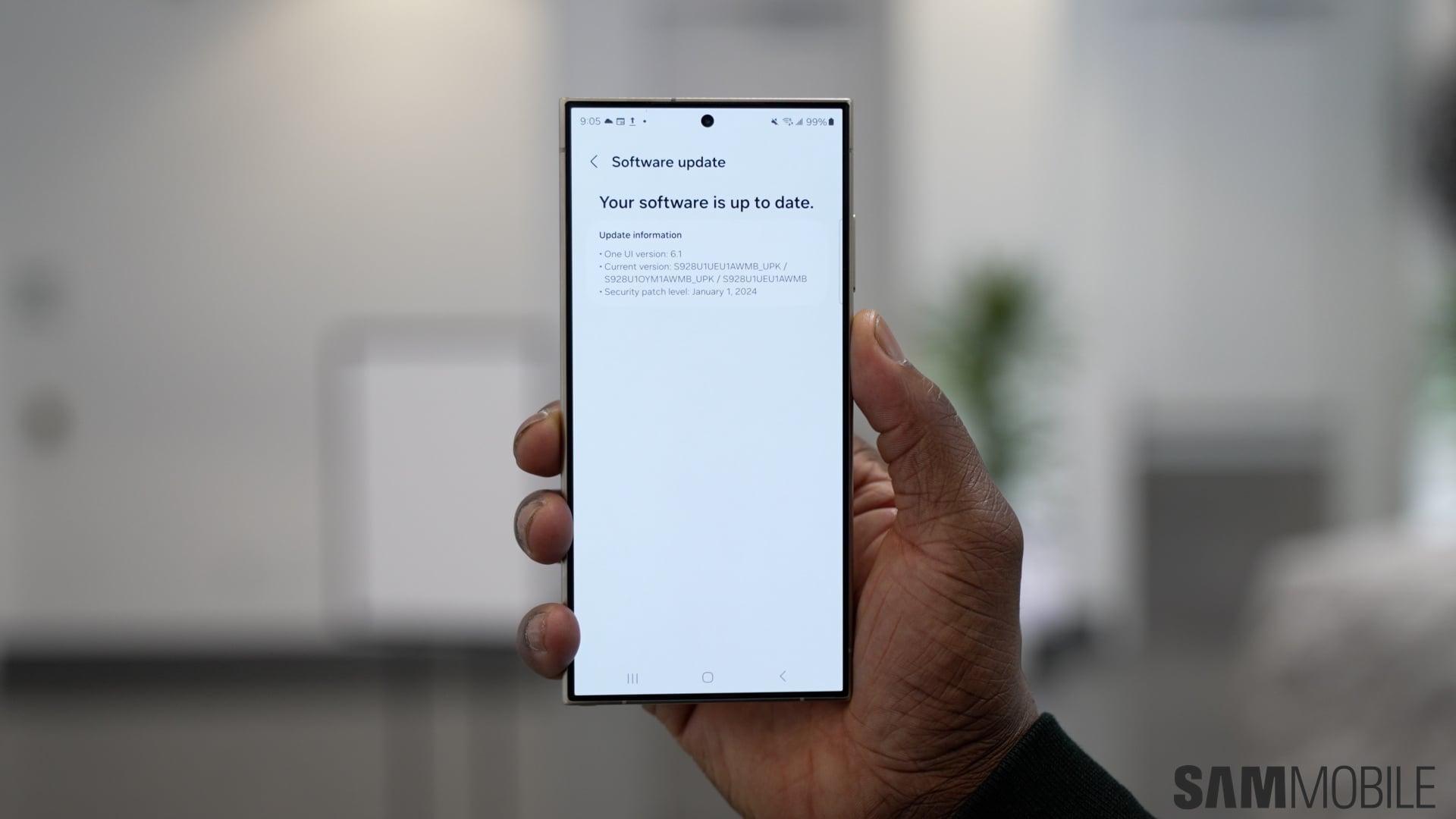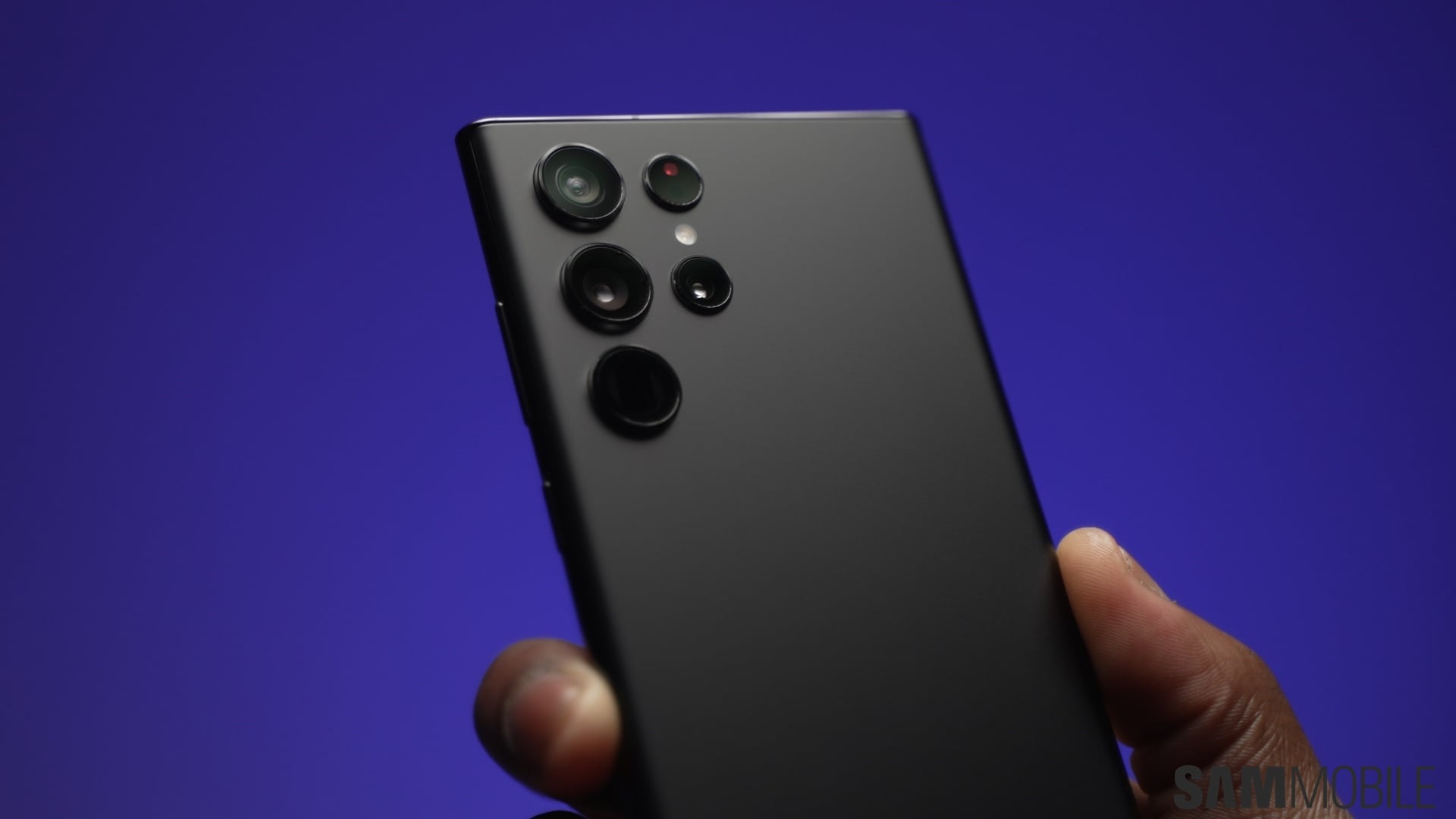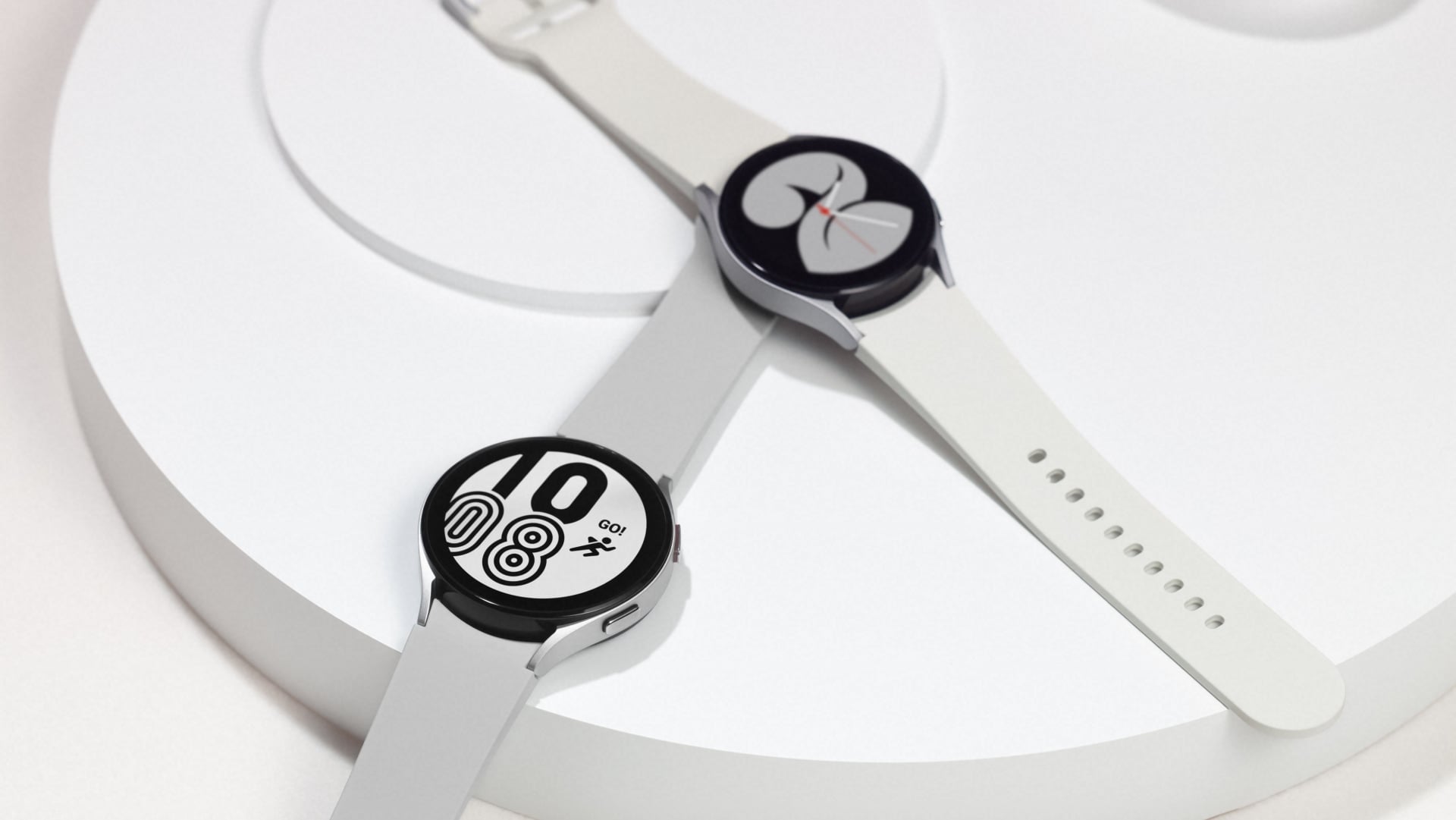
Introduction
Samsung has refreshed its smartwatch lineup with the release of the Galaxy Watch 4 series at Galaxy Unpacked 2021. It comprises two models — the Galaxy Watch 4 and the Galaxy Watch 4 Classic — both of which run Google's Wear OS instead of Tizen.
The new Galaxy Watch 4 not only runs a different operating system than its predecessors, but it also boasts new hardware components and a fresh design. It's more powerful, energy-efficient, and offers a richer fitness-monitoring experience thanks to new sensors.
It's a more complete package than before and it benefits from a brand-new, highly optimized chipset.
Design
Despite its name, the Galaxy Watch 4 isn't meant as a sequel to the Galaxy Watch 3, and this might be a little bit confusing at first.
The new smartwatch doesn't have a physical rotating bezel, so despite the moniker, the Watch 4 is more of a spiritual sequel to the Galaxy Watch Active series than anything else — as far as its design goes.
But unlike the Active series, the new Galaxy Watch 4 has a flat display and comes in 40 mm and 44 mm sizes. The smartwatch benefits from an IP68 certificate for dust and water resistance and has an MIL-STD-810G aluminum case.
The Galaxy Watch 4 has two physical buttons on the right side. They double as health sensors, but more on that later.
As expected, Samsung's new smartwatch has interchangeable silicone straps and it's available in various colors, including black, green, pink gold, and silver. It can also be acquired in white with blue and red stripes as part of the Galaxy Z Flip 3 or Fold 3 Thom Browne Editions.
Specifications
Samsung's been using the same Exynos 9110 chipset for its wearables for a few years now, but with the Galaxy Watch 4, the company is finally making some changes. The latest wearable is powered by a new 5nm-based chipset called the Exynos W920, featuring two Cortex-A55 cores operating at a frequency of up to 1.18GHz and a Mali-G68 graphics chip. More importantly, it's not only more powerful but also has higher energy efficiency.

The 40mm and 44mm Galaxy Watch 4 models feature 1.2-inch and 1.4-inch Super AMOLED displays, respectively. The smaller variant has a display resolution of 396 x 396, while the 44mm model has a higher pixel count of 450 by 450. The pixel density is about the same at 330 pixels per inch for both wearables.
The two Galaxy Watch 4 variants feature 247 mAh and 361 mAh batteries, respectively, and are available with 1.5GB of RAM and 16GB of built-in storage.
Software and Features
The Galaxy Watch 4 is one of the first two Samsung smartwatches to run Google's Wear OS instead of Tizen. This opens up a lot more possibilities in terms of features and app availability. For example, Google Maps and other Google services (such as an official Play Store client) are finally usable, and the watch is able to share data with a lot more third-party health apps than was previously possible.
The Galaxy Watch 4 runs One UI on top of Wear OS 3, so the user interface looks similar to what you can find on Samsung's previous Tizen smartwatches. And thanks to Wear OS 3, you can get access to a lot more watch faces and customization options than ever before.
New health monitoring features are also on-board, in addition to the existing blood monitoring and ECG sensor. The Galaxy Watch 4 is Samsung's first to boast a BIA, or Bio-Electrical Impedance Analysis sensor. This tool can measure body fat composition through the watch's physical side buttons, enabling users to see just how close they are to their fat melting goals.
And thanks to this new OS, customers can now choose between Bixby and Google Assistant.
Price and Availability
At launch, the 40mm Galaxy Watch 4 was priced at $249.99 in the US, with the larger 44mm variant coming in at $279.99. These prices correspond to the Wi-Fi-only variant. Meanwhile, the LTE variants of the same watch cost $299.99 and $329.99.
The Galaxy Watch 4 was unveiled on August 11, 2021, alongside Samsung's Z3 foldables. The Galaxy Watch 4 was scheduled to go on sale in key markets on August 27.












